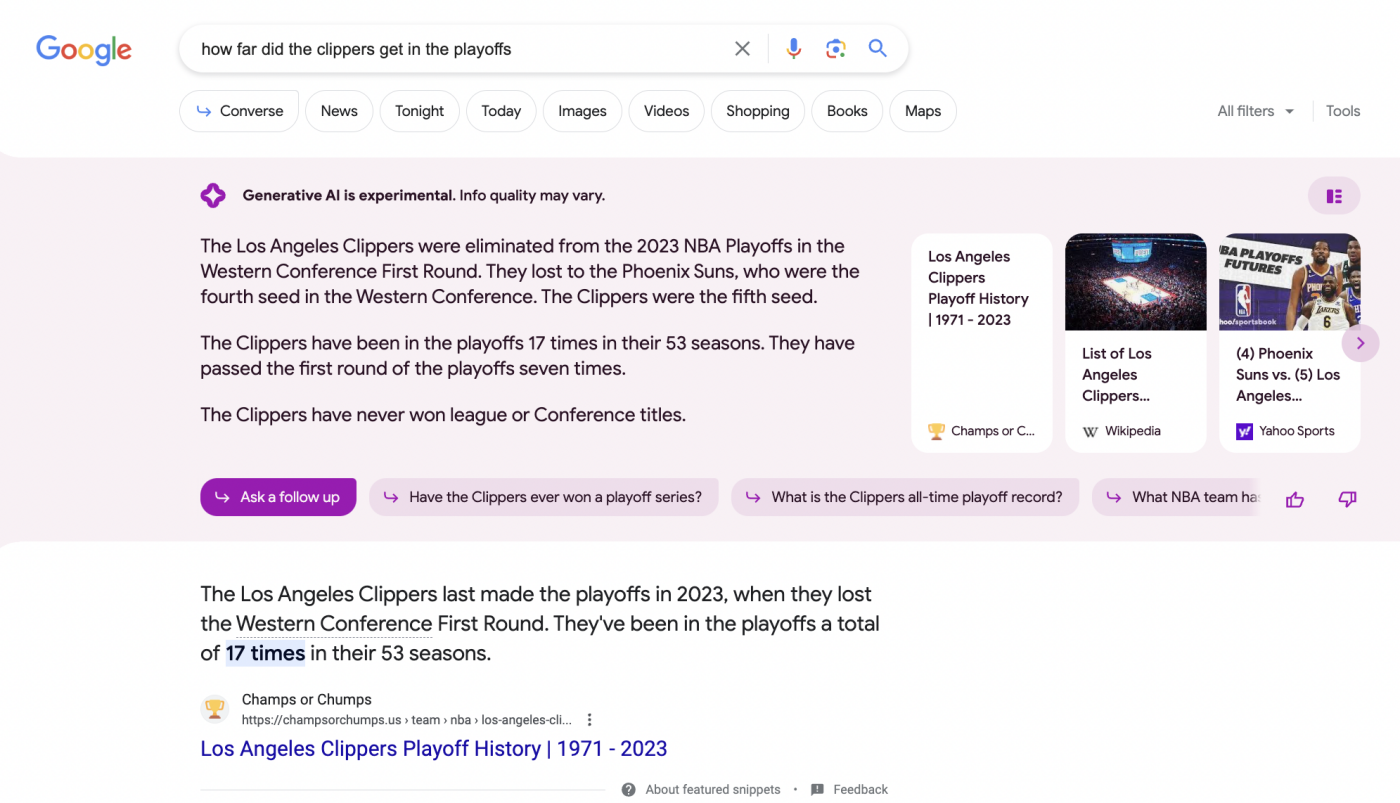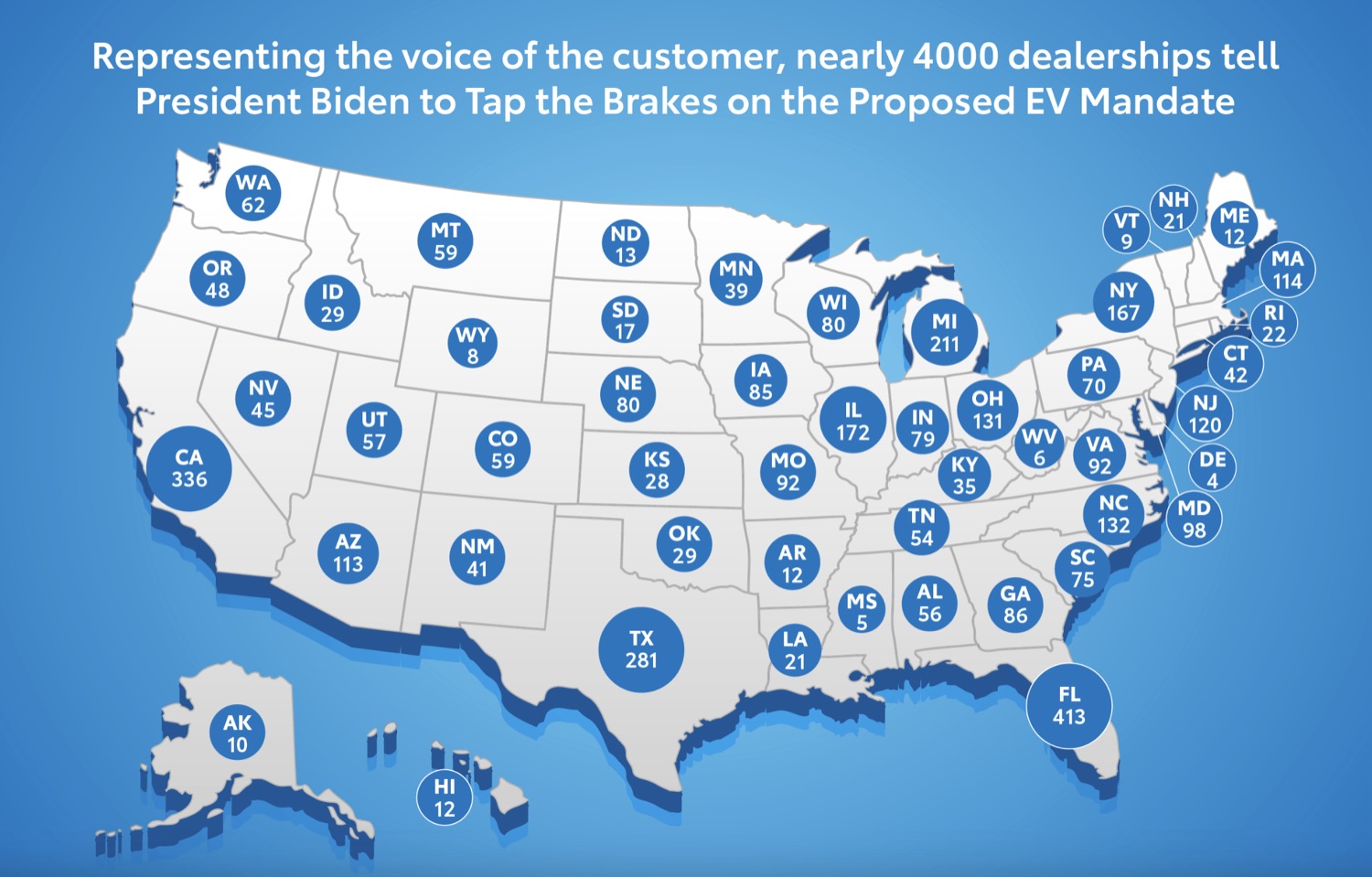Google Search AI Training And User Data: The Opt-Out Question

Table of Contents
How Google Uses User Data for AI Improvement
Google's AI-powered search engine relies heavily on user data to continuously learn and enhance its performance. This data fuels improvements in search relevance, personalization, and overall user experience. Understanding how this data is used is key to assessing its impact on our privacy.
Search History as Training Data
Google's search algorithm benefits significantly from analyzing user search history. This data provides invaluable insights into user intent and information needs.
- Improved Relevance: By analyzing search queries and subsequent clicks, Google's algorithms learn to associate keywords with relevant web pages, leading to more accurate search results.
- Personalized Results: Your search history contributes to personalized search results, showing you content tailored to your interests and past searches. This personalization is driven by complex AI models trained on vast amounts of AI training data, including your search history.
- Data Points Used: The data used extends beyond simple keywords. Google also analyzes factors such as the order of your searches, the time spent on specific web pages (dwell time), and the devices you use. All of this contributes to a comprehensive profile used for training its AI.
Beyond Search Queries: Other Data Sources
Google's AI training extends beyond search queries. Other data points, often collected passively, further refine its algorithms and enhance functionality.
- Location Data: Your location, obtained through GPS or IP address, is used to provide location-based search results and personalize other Google services. This data implicitly contributes to the training of location-aware AI models.
- Device Information: Data about your device (operating system, browser, etc.) helps Google optimize search results for your specific device type, ensuring a consistent user experience across platforms. This too informs the AI training process.
- User Interactions with Other Google Services: Your interactions with other Google services like Gmail, Maps, and YouTube are also potentially used for AI model improvement. The sheer volume and diversity of this data create a rich training dataset. The potential privacy implications of using this data for AI training are significant and demand further scrutiny.
The Lack of a Clear Opt-Out Mechanism
Despite the extensive use of user data for Google Search AI training, there is no straightforward mechanism to fully opt out. This lack of transparency and control raises significant ethical and privacy concerns.
Data Privacy Concerns
The use of user data for AI training without explicit and informed consent raises several serious privacy concerns:
- Potential for Bias: AI models trained on biased data can perpetuate and amplify existing societal biases. If the data reflects discriminatory patterns, the resulting AI system may exhibit discriminatory behavior.
- Lack of Transparency: The lack of transparency around Google's data usage practices makes it difficult for users to understand how their data is being used and what impact it has. This opacity erodes trust and raises concerns about potential misuse.
- Surveillance Concerns: The sheer volume of data collected raises concerns about surveillance and the potential for profiling individuals without their explicit consent.
Current Options and Limitations
While Google provides privacy settings allowing users to control certain aspects of their data, these options often fall short of addressing concerns about AI training data:
- Limited Control: Existing settings primarily focus on controlling ad personalization and data sharing with third parties. They don't provide granular control over how data is used for AI training.
- Data Minimization Challenges: Even with adjusted settings, the quantity of data implicitly used for AI training remains substantial, making complete opting-out practically impossible.
- Difficulty in Fully Opting Out: There's currently no clear path for users to entirely prevent their data from contributing to Google's AI training efforts.
Exploring Potential Solutions and Future Implications
Addressing the concerns surrounding Google Search AI training and user data requires a multi-pronged approach, focusing on enhanced transparency and user control.
Enhanced Transparency and User Control
Google needs to implement more transparent data usage policies and offer users greater control:
- Clearer Opt-Out Options: Users should be provided with clear and simple ways to opt out of having their data used for AI training.
- Granular Control: Users should have fine-grained control over which data points are used for AI model improvement.
- Improved Data Anonymization Techniques: Employing robust data anonymization techniques would mitigate privacy risks while still allowing for effective AI training.
The Future of AI and User Privacy
The ongoing debate about AI training data and user privacy will shape the future of AI development:
- Regulatory Changes: We can expect increased regulatory scrutiny and potential legislation aimed at protecting user data and promoting responsible AI development.
- Role of User Advocacy Groups: User advocacy groups and privacy organizations will play a crucial role in pushing for greater transparency, accountability, and user control.
Conclusion
The use of Google Search AI training and user data raises critical questions about user privacy and ethical AI development. The current lack of a clear opt-out mechanism necessitates a shift towards greater transparency and user control. We've explored the ways Google uses user data, the limitations of existing privacy settings, and potential solutions for a more responsible approach to AI training. Don't let your search history fuel AI without your informed consent. Take control of your data and demand greater transparency from Google regarding Google Search AI training and user data. Stay informed, understand your options, and advocate for your right to privacy in the age of AI.

Featured Posts
-
 Lizzos Weight Loss Journey Diet Exercise And Body Positivity
May 05, 2025
Lizzos Weight Loss Journey Diet Exercise And Body Positivity
May 05, 2025 -
 Resistance Mounts Car Dealerships Push Back On Ev Mandate
May 05, 2025
Resistance Mounts Car Dealerships Push Back On Ev Mandate
May 05, 2025 -
 Is Marvels Thunderbolts Team The Answer To Its Problems
May 05, 2025
Is Marvels Thunderbolts Team The Answer To Its Problems
May 05, 2025 -
 2025 Playoffs Capitals And Vanda Pharmaceuticals Announce Key Initiatives
May 05, 2025
2025 Playoffs Capitals And Vanda Pharmaceuticals Announce Key Initiatives
May 05, 2025 -
 Is Darjeeling Teas Future At Risk
May 05, 2025
Is Darjeeling Teas Future At Risk
May 05, 2025
Latest Posts
-
 Heatwave Alert In West Bengal Four Districts On High Alert
May 05, 2025
Heatwave Alert In West Bengal Four Districts On High Alert
May 05, 2025 -
 Heatwave Warning 5 South Bengal Districts On High Alert
May 05, 2025
Heatwave Warning 5 South Bengal Districts On High Alert
May 05, 2025 -
 1 2 Inches Of Spring Snow Possible Tomorrow In Select Nyc Suburbs
May 05, 2025
1 2 Inches Of Spring Snow Possible Tomorrow In Select Nyc Suburbs
May 05, 2025 -
 The Declining Production Of Darjeeling Tea A Worrying Trend
May 05, 2025
The Declining Production Of Darjeeling Tea A Worrying Trend
May 05, 2025 -
 Unexpected Spring Snow 1 2 Inches Possible In Some Nyc Suburbs
May 05, 2025
Unexpected Spring Snow 1 2 Inches Possible In Some Nyc Suburbs
May 05, 2025
